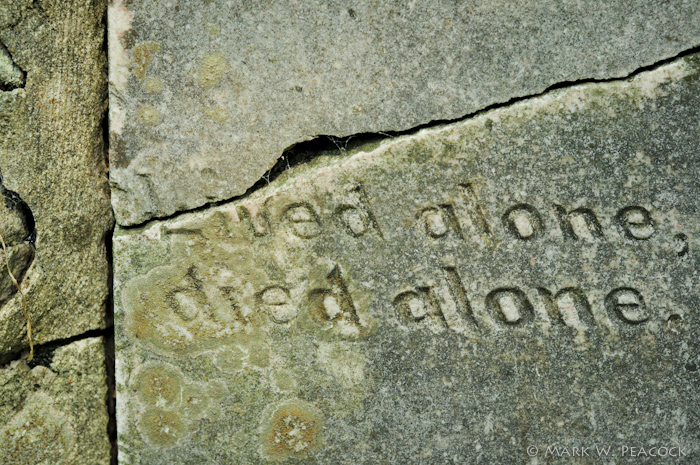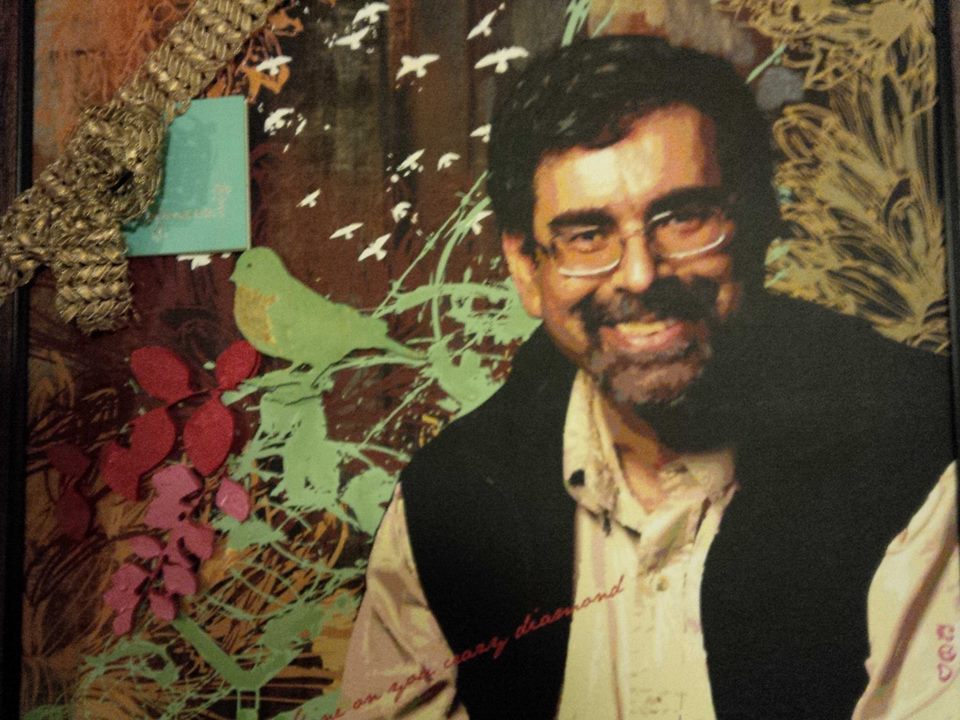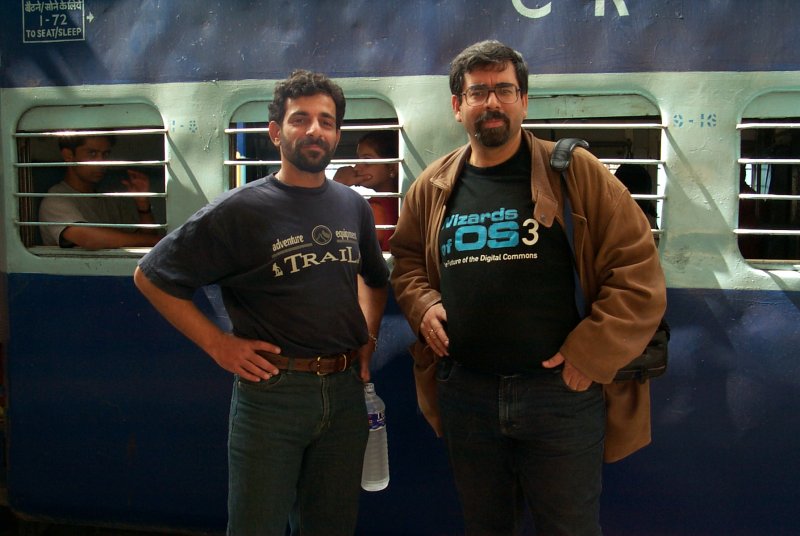Deep in the most thickly populated part of a metropolitan suburb, the police break down the front door of an old single-bedroom apartment. The neighbors had reported an increasingly fetid odor coming from it – an odor that now hits the cops like an olfactory tsunami.
We’ve all smelled it to different degrees while driving down anonymous country roads and highways. It is the smell that announces that organic life of some kind or the other has recently reached the end of the cycle and is shaking hands with Mother Nature again. There is no antiseptically sanitized version of this process in nature – decomposition is decomposition, period. It stinks, it’s messy and it does NOT make for good dinner-table conversation.
They find the source of the stink lying on an old metal cot, dead as the dodo but alive with a rather energetic colony of maggots. We will not talk about maggots here right now – they have their place in the larger scheme of things, and there is a time and place to talk of maggots, but this isn’t it. I’m trying to make a point about the guy UNDER the maggots here – the guy who everyone in the apartment building knew as ‘that strange recluse in 3C’. He had lived in his seedy little flat for something like fifteen years, but may as well have not existed for all the impact he had on the neighborhood. Let’s call him Bill.
Bill was not an antisocial sort, but he mostly kept to himself. He would greet those who greeted him, help search for a lost dog when required, contribute to the small charity drives that the building’s unrealistic idealists undertook from time to time… but he kept to himself. Nobody knew where he came from, if he had ever been married, what his life was all about – nothing. He asked for no information and sure as hell never gave any.
Now he was dead, and they’d have to fumigate the entire second floor because he hadn’t been considerate enough to inform the building superintendent well in time of his intention to kick the bucket, and to make provisions for his removal.
Never mind how Bill died – suicide, stroke, what does it matter? He was dead, and there was no foul play involved. My point here is that he died alone, and it seems fairly certain that he knew that it would happen precisely in this way.
Sounds familiar? It should. You read about such stuff in the tabloids almost every day. Some poor old (and sometimes not-so-old) blighter or blightress is found moldering away in his or her home, and the neighbors have something juicy to talk about for a while (once the stink has been addressed, of course). I’ve only been around for a little over five decades, but I’m pretty sure that folks had been dying alone long before my dad first noticed that my mom had some pretty appealing curves to her and decided to do something about it.
So why does it happen? Why are some people alone enough to DIE alone? Don’t we have a population problem? Aren’t there more people around than there should ideally be? Is there any shortage of company if we really WANT it? No, there isn’t – and that may be the key reason why certain folks prefer their own company over that of others.
Many call me negative about people, but I’d like to state here that I’m not, really. I firmly believe that we were designed flawlessly in every respect. We all started out as perfect players in the drama called Human Life – it’s just that we hopelessly buggered up the game. We added stuff where nothing should ever have been added, subtracted where there was simply no scope for subtraction, fixed what wasn’t broken and wound up as fallen angels cooking in a Hell of our own making.
Yes, we were designed as social animals, but then we discovered ‘individualism’ – that celebrated concept which states that the best of the species do NOT conform. Right from the start, we toe the line only to the extent required to get all the goodies of social life – but then strive to ‘be different from the rest’.
Since it is not really feasible to be REALLY different in this massive cauldron of human life we’ve launched, we find the most puerile ways of differentiating ourselves. We become MCPs, feminists, Christians, Muslims, Hindus and stuff like that and start barking at everyone else, or we simply draw a febrile line around ourselves and call it our ‘space’. We state our personal ‘rules of engagement’ and make as big a deal of them as possible. We require our friends, spouses and associates to change enough in our presence to conform to our personal image of ourselves as unique human beings – much as they would have to in the presence of a ‘child with special needs’.
That’s all very nice and charming – sort of like kids playing ‘House’, kidding themselves that they really do own a physical or metaphysical corner of this teeming planet. The fact, however, is that we’re ALL at odds with the planet to begin with, and we lost our ability to live on it with true dignity long ago. I genuinely feel that the last time anyone at all led a perfectly normal life – in the way it was meant to be – was around the time when we still lived in caves.
So here we are today, touting our ‘unique’ differentiators and – paradoxically – pitying the folks that die alone in their bachelor/spinster apartments. With the staggering loads of attitude, baggage, traumas and ambitions that we expect everyone else to dance attendance to, aren’t we ALL actually working real hard to be as alone as possible?
I try to see it from the urban hermit’s point of view, and must say I see rather clearly. Out there is nothing but a huge mess of humans waiting to tell you why what you’re thinking, doing and eating is wrong and why you should change your ways. They will not miss a chance to tell you why you must pay court to their individual peculiarities if you want to befriend, marry or employ them. They drag a formidable machine bristling with rules of engagement behind them, and the urban hermit has very likely tried to operate that machine many times in the past, getting mangled each time.
However, he has an alternative – unlock that single-bedroom apartment, walk in and close the door behind him. No people, so no rules of engagement. Behind that closed door, he feels the pressures of this artificially embellished world drop off his shoulders. He is free to be what he truly is – sloppy and ill-mannered, his face bereft of false smiles, his soul free from the bondage of pretended regret over some misdemeanor or the other. He is NOT relating to ANYONE, he is not engaging – and therefore he is free.
And if he dies that way, would it be more appropriate to pity him for his pathetic solitude, or to envy him for having the courage to face the final fact of 21st human life – that we have modified and individualized ourselves beyond all hope of relating to each other anyway? At least he was not pretending that there is any hope at all.
















